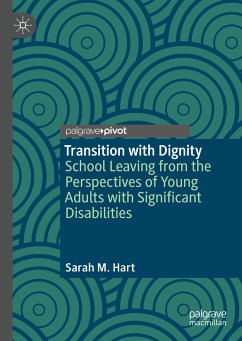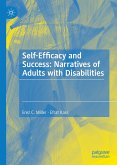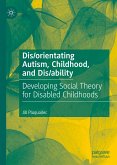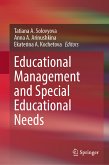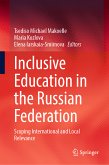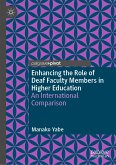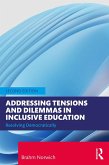Engaging and highly readable case narratives bring fresh insights on the diversity of disability experiences, portraying the under-explored opportunities involved in a transition with dignity. Disability isan often overlooked aspect of one's intersectional identity. Post-school transition is therefore positioned less as a procedural function of leaving school and more so an urgent matter of social justice. Readers will benefit from the transformative framing of post-school transition based on the capability approach. Genuine opportunities within the transition of young adults with significant disabilities and those who support them may promote a thriving life for all.
Sarah M. Hart is an Associate Professor of Special Education in the College of Education, Nursing, and Health Professions at the University of Hartford in Connecticut, USA. She completed a PhD in Education at the University of Auckland, New Zealand. Her international work focuses on post-school transitions, engaging a capability theory of social justice and an inclusive qualitative research paradigm to examine equity in special education through the perspectives of young adults with significant disability.
Dieser Download kann aus rechtlichen Gründen nur mit Rechnungsadresse in A, B, BG, CY, CZ, D, DK, EW, E, FIN, F, GR, HR, H, IRL, I, LT, L, LR, M, NL, PL, P, R, S, SLO, SK ausgeliefert werden.

